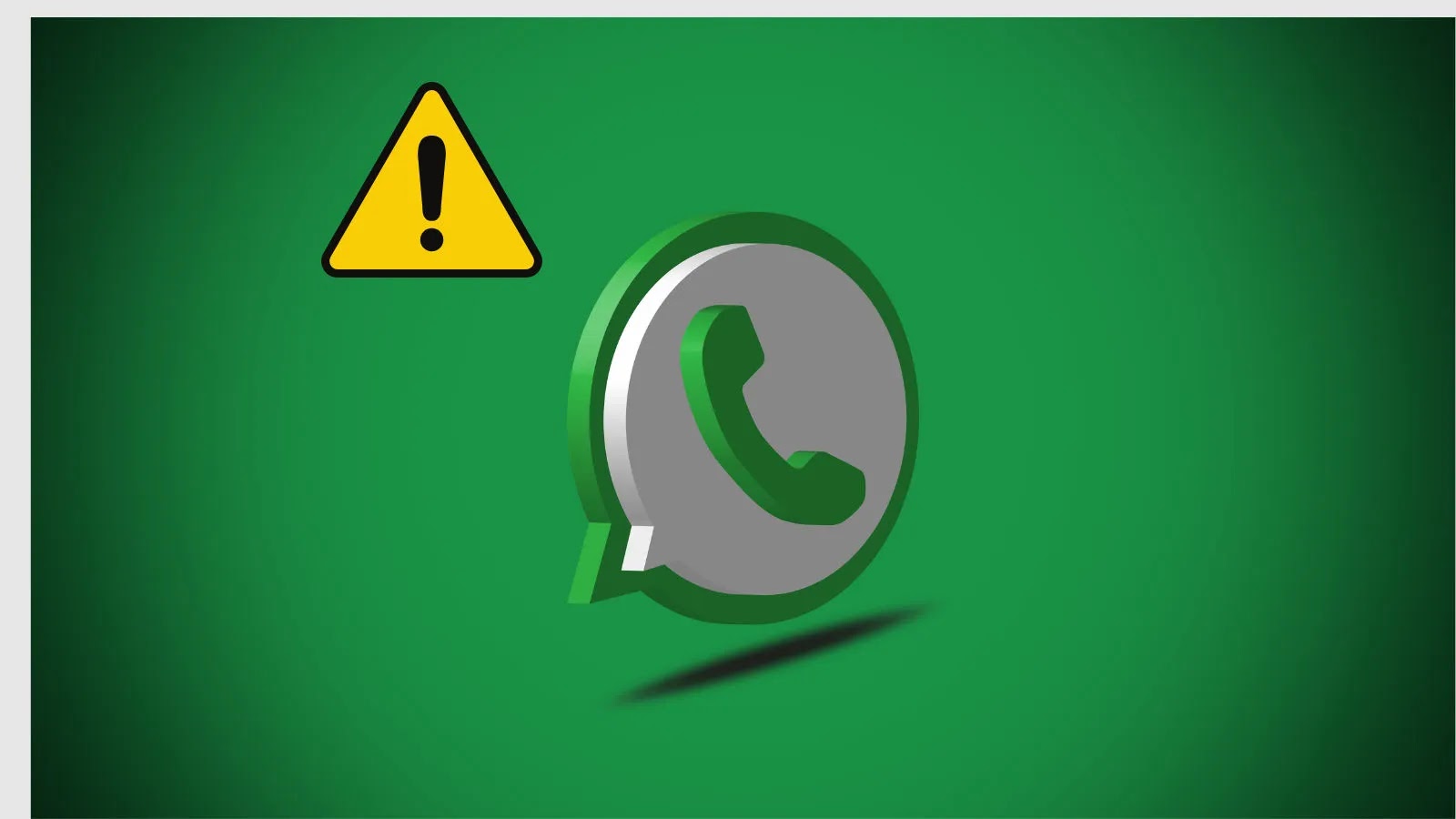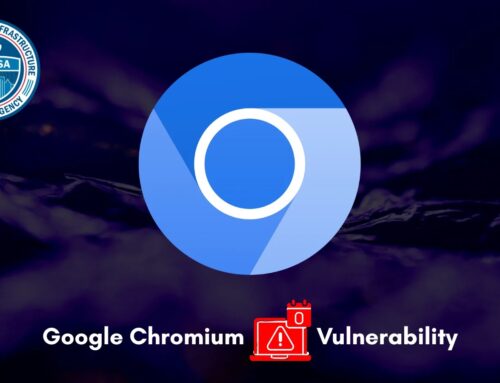
WhatsApp Exploit Privately Disclosed To Meta At The Pwn2Own Ireland
Averting Crisis: WhatsApp Exploit Privately Disclosed at Pwn2Own Ireland
The cybersecurity landscape is a constant cat-and-mouse game, where vulnerabilities are discovered, exploited, and patched with relentless urgency. A recent event at Pwn2Own Ireland 2025 underscored the critical role of ethical hacking and responsible disclosure in safeguarding widely used applications. Cybersecurity researchers from Team Z3 made a significant move by privately disclosing a potential zero-click Remote Code Execution (RCE) vulnerability in WhatsApp directly to Meta, rather than publicizing their findings for a high-stakes demonstration. This strategic decision highlights a commitment to user safety above immediate financial gain and public fanfare.
The Unseen Threat: WhatsApp RCE Vulnerability
A Remote Code Execution (RCE) vulnerability is among the most severe classifications of security flaws. It allows an attacker to execute arbitrary code on a victim’s device remotely, without direct physical access. In the context of a “zero-click” RCE, the severity is amplified as the attack requires no user interaction whatsoever. Imagine receiving a seemingly innocuous message or call on WhatsApp, only for it to silently compromise your device, granting an attacker full control. This is the nightmare scenario that Team Z3’s discovery pointed towards.
While the specifics of the exploit remain confidential due to the private disclosure, the very nature of a zero-click RCE in a platform like WhatsApp, used by billions worldwide, is deeply concerning. Such vulnerabilities can be leveraged for sophisticated espionage, data theft, and widespread malware distribution, making their swift and discreet remediation paramount.
Pwn2Own Ireland 2025: A Platform for Disclosure
Pwn2Own, organized by Trend Micro’s Zero Day Initiative (ZDI), is a renowned hacking competition that incentivizes researchers to discover and ethically disclose vulnerabilities in popular software and hardware. The Ireland 2025 event, held in Cork from October 21-23, promised a record-breaking $1 million bounty for a WhatsApp zero-click RCE. This substantial prize reflects both the difficulty in finding such a flaw and its immense potential impact.
Team Z3’s decision to withdraw their public demonstration and opt for a private coordinated disclosure with Meta (WhatsApp’s parent company) is a testament to ethical hacking principles. This approach allows the vendor to develop and deploy a patch discreetly, minimizing the window of opportunity for malicious actors to exploit the vulnerability before a fix is widely available. It prioritizes the security of WhatsApp users globally over the immediate public recognition and prize money that a successful Pwn2Own demonstration would bring.
The Importance of Coordinated Vulnerability Disclosure
Coordinated Vulnerability Disclosure (CVD) is a critical process in cybersecurity. It involves security researchers discovering vulnerabilities and reporting them directly to the affected vendor before any public disclosure. This gives the vendor time to investigate, develop, and distribute a patch or mitigation strategy without putting users at immediate risk. Once a patch is available and widely adopted, the details of the vulnerability can be publicly disclosed, often accompanied by a CVE identifier.
In this instance, Team Z3’s actions exemplify best practices in CVD. By engaging directly with Meta, they enabled a proactive defense mechanism, preventing a potential cyber crisis. This collaborative approach between ethical hackers and software vendors is essential for maintaining trust in digital platforms and protecting user data.
Remediation Actions for WhatsApp Users (General Best Practices)
While we await specific details and patches from Meta regarding this particular vulnerability, general cybersecurity hygiene remains crucial for all WhatsApp users. Implementing these practices can significantly reduce your attack surface against various threats:
- Keep WhatsApp Updated: Always ensure your WhatsApp application is updated to the latest version. Software updates often include crucial security patches for newly discovered vulnerabilities. Enable automatic updates if available.
- Enable Two-Factor Authentication (2FA): This adds an extra layer of security to your account, preventing unauthorized access even if your password is compromised.
- Be Wary of Suspicious Links and Messages: Even though this specific exploit is zero-click, phishing and social engineering remain common attack vectors. Avoid clicking on unknown links or downloading attachments from unverified sources.
- Regularly Review Privacy Settings: Periodically check WhatsApp’s privacy settings to ensure they align with your preferences for who can see your information and add you to groups.
- Report Suspicious Activity: If you notice unusual behavior on your WhatsApp account or receive highly suspicious messages, report them to WhatsApp support immediately.
- Use Device Security: Ensure your mobile device has a strong passcode/biometric lock, and keep its operating system (iOS or Android) updated.
Tools for Enhancing Digital Security
While direct tools for this unpatched WhatsApp vulnerability aren’t available, general cybersecurity tools can bolster your overall digital defense:
| Tool Name | Purpose | Link |
|---|---|---|
| Antivirus/Anti-malware Software | Detects and removes malicious software from your device. | Bitdefender / Malwarebytes |
| Password Manager | Generates and securely stores strong, unique passwords for all your accounts. | 1Password / LastPass |
| VPN (Virtual Private Network) | Encrypts your internet connection, enhancing privacy and security, especially on public Wi-Fi. | NordVPN / ExpressVPN |
| Operating System Security Updates | Ensures your device’s OS has the latest security patches. (Built-in) | Apple Support / Google Support |
Key Takeaways
- Team Z3’s private disclosure of a potential zero-click RCE in WhatsApp at Pwn2Own Ireland 2025 averted a public security crisis.
- Zero-click RCE vulnerabilities are extremely dangerous, allowing remote device compromise without user interaction.
- Coordinated Vulnerability Disclosure (CVD) is crucial for responsible patching and protecting users.
- Users should always keep their WhatsApp app and device operating systems updated, enable 2FA, and practice general cybersecurity hygiene.
- The incident underscores the ongoing battle against sophisticated cyber threats and the vital role of ethical hackers in securing our digital lives.





